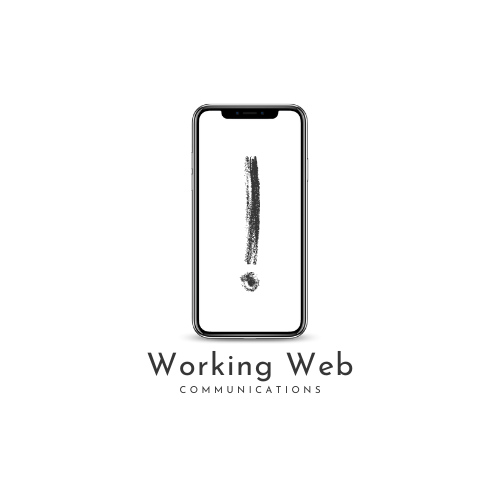Meta is Mulling a Canadian News Blackout - Here’s How to Tweak Your Social Media Strategy
As the controversial online communications bill, C-18, makes it way through committee hearings, Canadian companies are preparing for a shake-up in how they connect with their audiences online.
Bill C-18 would force social media platforms to compensate Canadian news outlets for their content - paying up every time a link is shared on their site. In response, Meta has begun drawing up a plan to end news sharing on Facebook and Instagram in Canada.
Should Meta go ahead with their plans, businesses who routinely share news articles in their feeds will find themselves with a content shortfall. These publishers will have to get creative to bridge that gap, looking to other sources to continue connecting and engaging with their audience.
How to refine your social strategy
1. Use blogs from other sources
The proposed new regulations would only apply to ‘news’. While Meta is currently deliberating on an exact definition, it’s unlikely that this would cover blogs or similar content. Now’s the time to research what content others in your industry are producing and share that content (provided it would be of interest to your audience).
Take a look at what your suppliers are doing, find vendors with engaging content, make a list of reliable industry sources - leading experts, industry players, sector associations etc - and mine their resources for quality content you can share across Facebook and Instagram.
2. Create your own content
Sharing news relevant to your industry is an important part of building your brand and creating an authoritative, reliable, and engaged voice for your business. But that’s tough to do if you’re not actually allowed to share news.
A good workaround is to create your own news content. If you find something newsworthy, write about it - you can always link to the original source within your article. Original, good quality writing is always worth the investment, helping you build credibility within your community and giving you a library of content that you can later repurpose into ebooks, whitepapers, more blogs, and social media content.
3. Focus on promotions and products
Given the imminent news blackout, it’s just good sense to pivot away from news - at least for some of your strategy. Take this opportunity to hone in on what you’re selling, producing content around your latest products and promotions.
Your marketing team should work closely with your sales team to determine which products you want to highlight, plan promotions or events, and together create a social media calendar built around your inventory.
4. Share local events
Your local community is your best customer, especially if you’re a small and/or rural business. If there’s something happening in your area, let your audience know. Just be sure to share from the event organizer’s website rather than a local news article so it stays under Meta’s radar.
5. Get help
Good marketing teams know their industry, and they’re fully aware of Bill C-18, its implications, and the reaction from companies like Meta. They can help you plan accordingly, taking a holistic view of how your content and other assets can be leveraged by marketing and sales to boost your profile online, despite the challenges.
Don’t be afraid to reach out if you need expert advice. At Working Web Communications, we offer tailored packages to match your goals and budget so you aren’t tied into a service you don’t need and can’t afford.
Whether you just need help managing your Meta accounts and getting started with Facebook Business Manager or want a full-service content calendar and campaign, our team has the experience and expertise to get it done. Contact us today to schedule a consultation and find out more.

